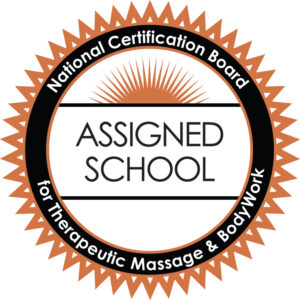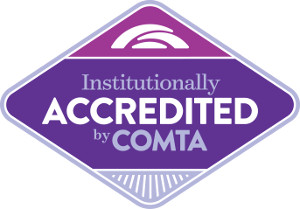ZMC Videos
-

Foundational Assisted Stretching Class
-

Short Thai Massage Demo with Rebecca
-

Balancing Yin and Yang within Yourself: Harmonizing the Cosmic Dance
-

Thai Massage Side Stretches
-

Change Lives; Start with Yours at Zion Massage College
-

Top 5 behaviors for Massage Therapists to avoid at work.
-

Top 5 Ways Massage Therapists Can Attract and Keep Clients
-

Eastern Philosophy and Traditional Chinese Medicine Theory Part I
-

Rebecca Speech at Zion Massage College Graduation – Oct 21, 2022
-

Ashiatsu Training Class
-

Thai Massage Class Time Lapse!
-

Thai Massage Technique

Recent Posts
Recent Posts
Accreditation




